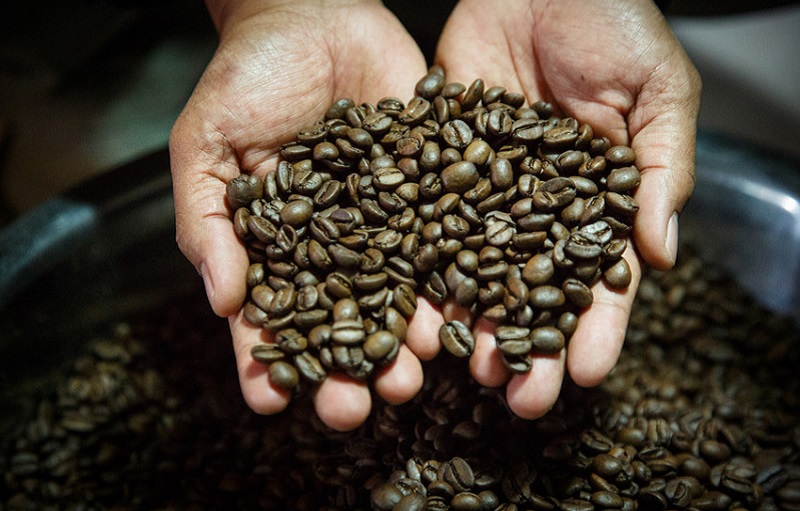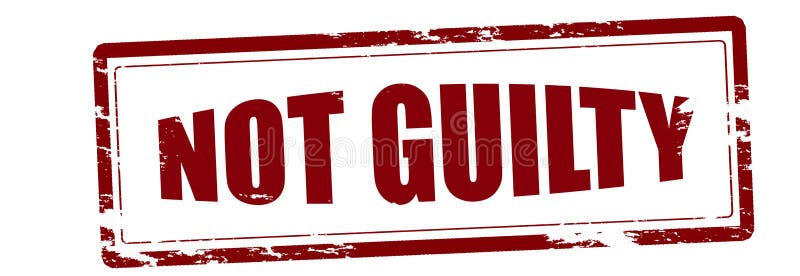
The jury didn't buy it, acquitting Coffee on both charges. Therefore, Coffee was supposedly guilty of murdering his partner. Had Coffee not tried to defend himself that evening, the government argued, the officers would never have shot at them in return. Under the felony murder rule, the government may charge someone with killing someone he didn't actually kill if it's somehow connected to a tangential offense. The younger Coffee allegedly opened fire on deputies when they burst into his room that evening, having been awoken by the commotion and thinking the cops were an intruder. Deputies with the Indian River County Sheriff's Office shot Woods 10 times during a drug raid in 2017 targeting Coffee's father.

But another recent verdict out of Florida, handed down the same day as Rittenhouse's, is a case study in why more punitive measures would hurt the very people who already face disproportionately negative outcomes.Īndrew Coffee IV was charged with the attempted murder of a law enforcement officer and the felony murder of Coffee's girlfriend, Alteria Woods. The latter largely reflects a well-intentioned attempt to narrow the racial and class disparities in the judicial system. In the other, even if the jury technically got it right, we allegedly need to pass new laws to prevent such a verdict from ever coming down again.

In one, the jury supposedly got it wrong.

Opposition to the Kyle Rittenhouse verdict-which saw a jury accept the teen's self-defense claim after he shot two men and wounded another during a night of civil unrest-primarily splintered along two lines.


 0 kommentar(er)
0 kommentar(er)
